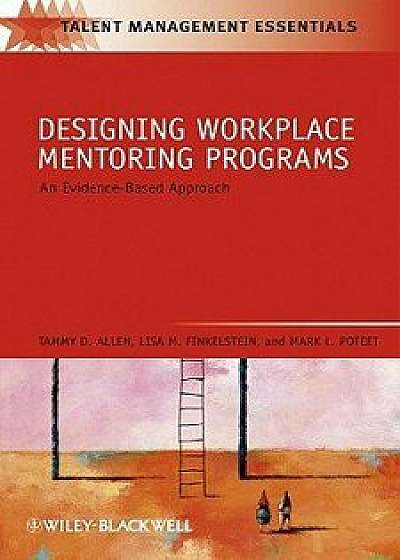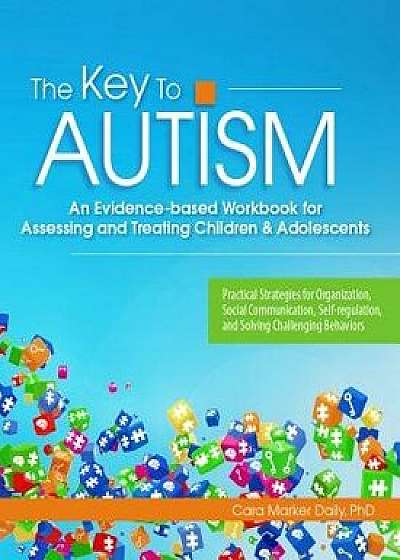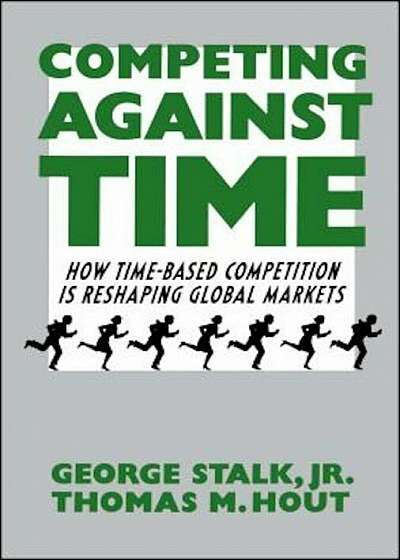
Organizational Behavior: An Evidence-Based Approach, 13th Ed., Paperback/Fred Luthans
Descriere
Our goal with this 13th Edition is to keep this first mainline organizational behavior text up-todate with the latest and relevant theory building, basic and applied research, and the best-practice applications. We give special recognition of this scientific foundation by our subtitle --An Evidence-Based Approach. As emphasized in the introductory chapter, the time has come to help narrow the theory/research-effective application/practice gap. This has been the mission from the beginning of this text. As "hard evidence" for this theory/research based text, we can say unequivocally that no other organizational behavior text has close to the number of footnote references. For example, whereas a few texts may have up to 40 or even 50 references for a few chapters, all the chapters of this text average more than twice that amount. This edition continues the tradition by incorporating recent breakthrough research to provide and add to the evidence on the theories and techniques presented throughout. Two distinguishing features that no other organizational behavior textbook can claim are the following: 1) We are committed at this stage of development of the field of OB to a comprehensive theoretical framework to structure our text. Instead of the typical potpourri of chapters and topics, there is now the opportunity to have a sound conceptual framework to present our now credible (evidence-based) body of knowledge. We use the widely recognized, very comprehensive social cognitive theory to structure this text. We present the background and theory building of this framework in the introductory chapter and also provide a specific model (Figure 1. 5) that fits in all 14 chapters. Importantly, the logic of this conceptual framework requires two chapters not found in other texts and the rearrangement and combination of several others. For example, in the opening organizational context part there is Chapter 4, "Reward Systems," and in the cognitive processes second part, Chapter






